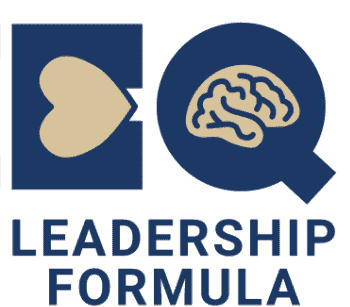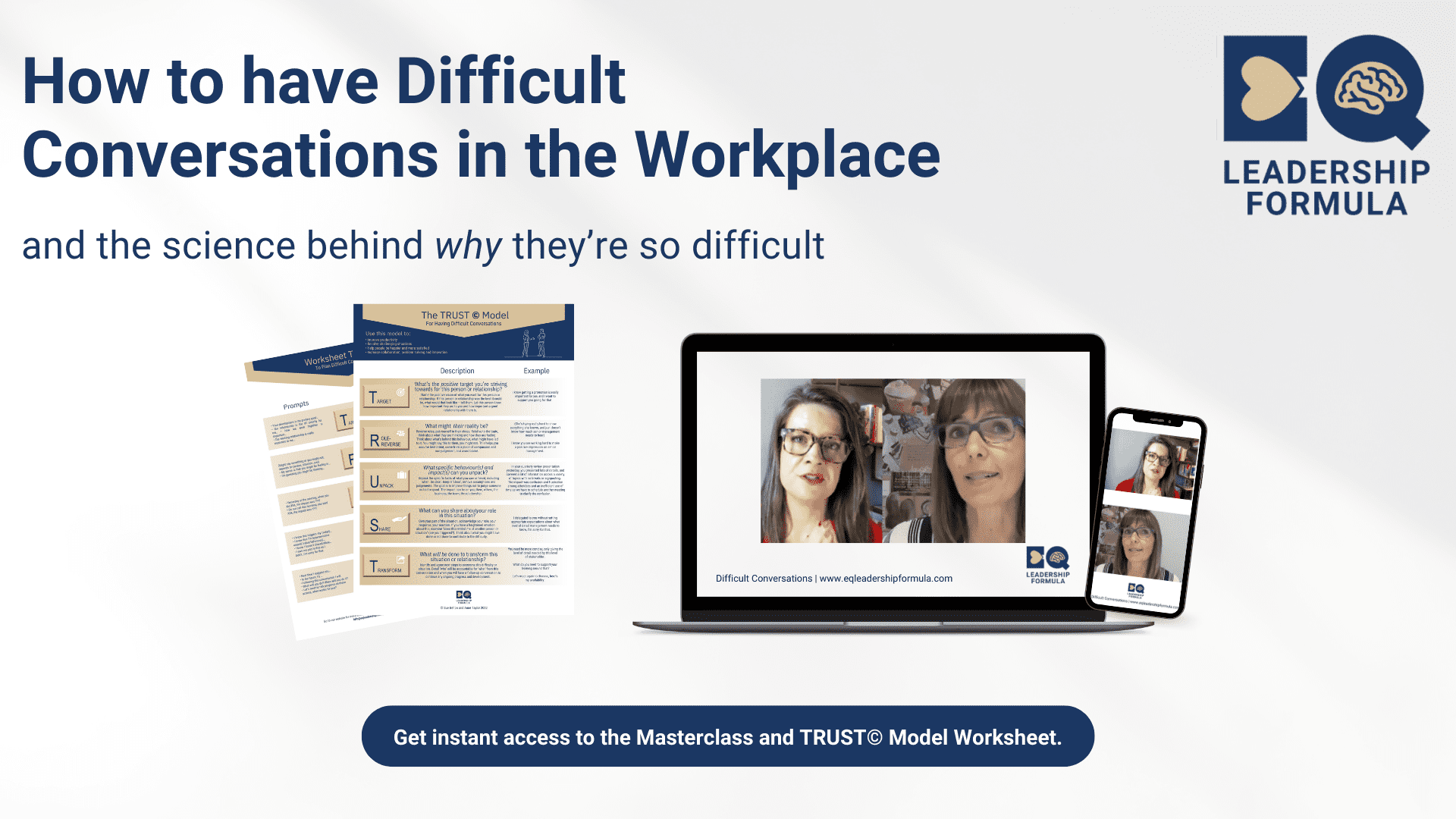Developing Your Leaders To Be More Emotionally Intelligent – Resilient, Empathetic, Adaptable And Inspiring

Developing Your Leaders To Be More Emotionally Intelligent – Resilient, Empathetic, Adaptable And Inspiring
Why we do this

“We believe when leaders are emotionally intelligent, they and their people are happier and more fulfilled, and get better results for themselves, their teams and their organisations.”
Sue Belton & Anne Taylor

Successful, technically excellent leaders perform better when they develop their emotional intelligence (EQ). They will become more resilient and empathetic, agile and adaptable, all while having more collaborative conversations.
Why emotional intelligence (EQ) is important

The world has changed. Successful organisations need to keep up with the relentless pace that will only continue with hybrid working and technological advances. Leadership capability needs to rise to this challenge.
It's leaders with soft skills or emotional intelligence that will give an organisation it's competitive advantage.
The world economic Forum predicted in 2018 that:
and that "Emotional Intelligence, leadership and soical influence will increase in demand"2.
In 2020, they again found that the top skills rising in prominence in the lead up to 2025 include 'human skills' such as self-management, active learning, resilience, stress tolerance and flexibility
From the Consortium for Research on Emotional Intelligence in Organisations, the business case for EQ has been proven3.
Research in over 200 organisations worldwide suggests that the difference of productivity among top performers is due to emotional competency, accounting for 2/3 of the productivity improvement and the remaining 1/3 is due to technical skill and cognitive ability4.
Partners in a multinational consultancy who scored highly on EQ competencies delivered
$1.2 million more profits
from their accounts vs other partners – a 139% incremental gain5.
In a study of top performers in every field, the single most important factor was not IQ, advanced degrees, or technical experience, it was EQ. Of the competencies required for excellence in performance, 67% were emotional competencies.
- Daniel Goleman (the originator of EQ).
Examples of increased revenues are:
L’Oréal sales agents selected on emotional competencies significantly outsold others. Annually, they delivered a net revenue increase of $2.6 million6.
A National Insurer found their sales agents with higher emotional competencies sold polices worth more than double those agents with lower EQ7.
In a large beverage firm, division leaders selected on EQ competencies outperformed their targets by 15-20% vs those who lacked EQ under-performing by almost 20%8.
1 World Economic Forum, The Future of Jobs Report 2018
2 World Economic Forum, The Future of Jobs Report 2020
3 Consortium for Research on Emotional Intelligence in Organisations, Business Case for Emotional Intelligence, Cary Cherniss Rutgers University
4 Daniel Goleman
5 R.E. Boyatzis
6 Spencer & Spencer and Spencer, McClelland, & Kelner
7 Hay/McBer Research and Innovation Group
8 McClelland

